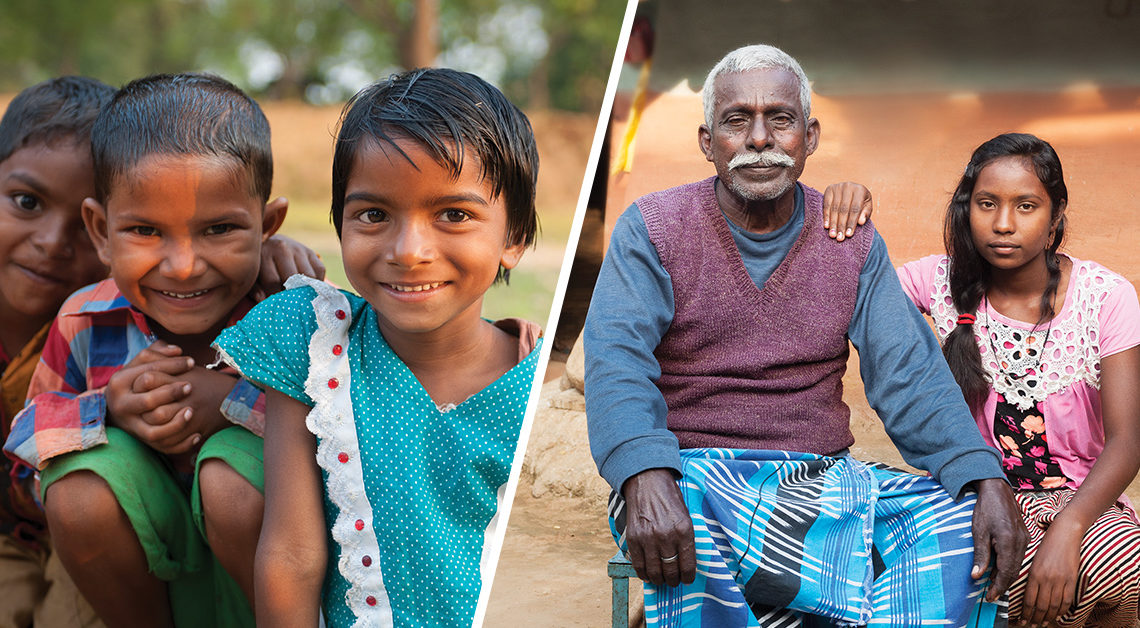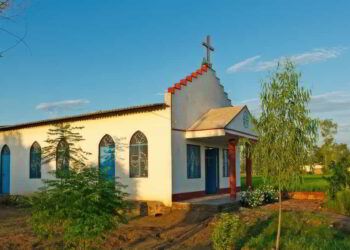Balan was only around 7 years old but already thinking about suicide. He spent his days sitting alone in a corner of his parents’ home, a shawl wrapped around him to cover his body. After being diagnosed with leprosy, his mother, father, siblings and the rest of his community excommunicated him.“I was all alone,” Balan says. “I was not allowed to take a bath in a common water pond. I was not allowed to attend any festivals or any event or any celebration, so life was all lonely. I was very sad, and I used to feel rejected.”He’d entertain thoughts of standing in front of an oncoming train to end his life. The pain of rejection and the loneliness was too much for the young boy to handle on his own . . . until his brother-in-law heard about Balan’s situation.
“You don’t have to think like that,” he consoled. “You will be alright. … You will see the world once again.”
Those words gave Balan hope. Eventually, Balan’s brother-in-law took him to a mission hospital that specialized in leprosy. He spent six years there being treated; then he made his home in a village with other leprosy patients. Balan grew up, married, had children and enjoyed life—as much as was possible—with others who had experienced the same rejection and loneliness he had when he was a young boy.
Then, when one of Balan’s children contracted leprosy, he was there for them. He didn’t reject or excommunicate them; instead, he loved them and watched them grow older, marry and have children of their own. Thoughts of suicide no longer clouded Balan’s mind.
Read the rest of the story on gfa.org
Learn more about how God is working through GFA’s Bridge of Hope Program to give children hope and a chance for a better future.











